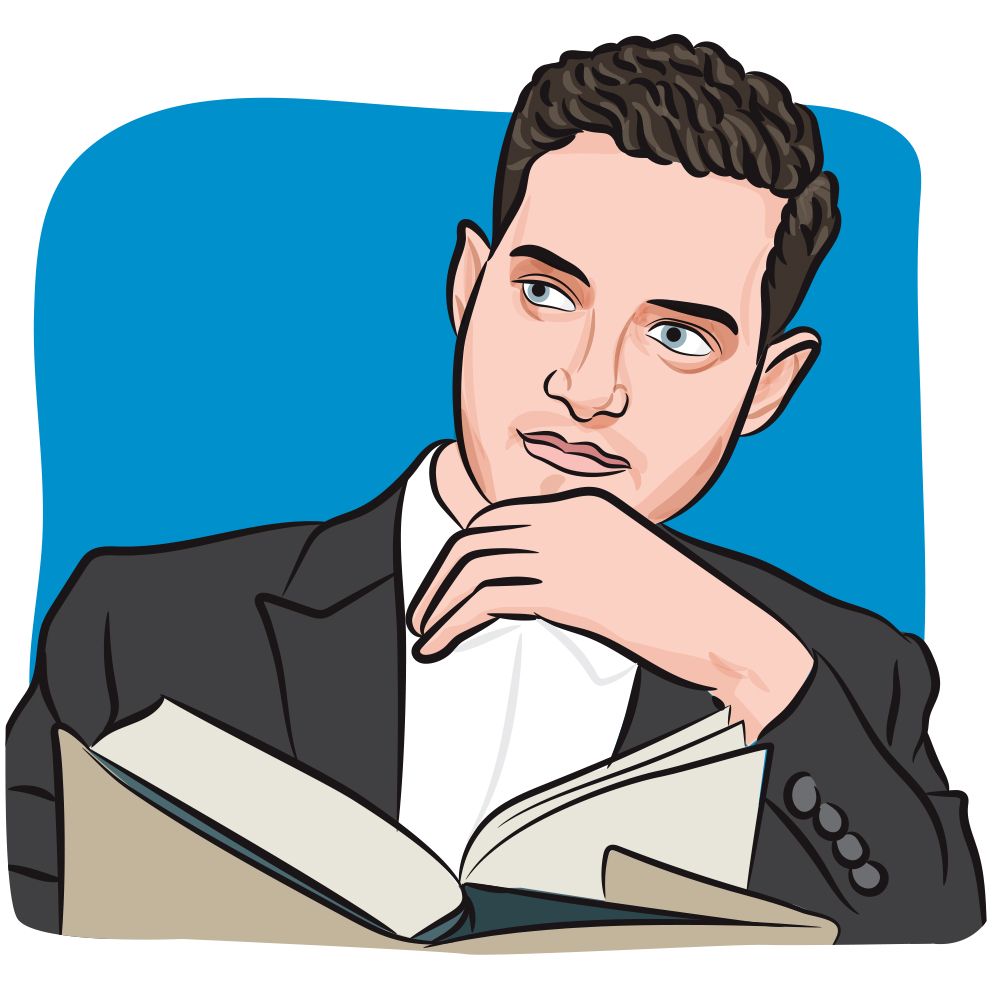Avoiding Unhelpful Future Thinking While Fighting Cancer
Putting a focus on healing is most important before fixating on the far future. Take it one day at a time.

One of the hardest parts about fighting cancer is staying present, despite all the nightmare scenarios that plague the mind.
It’s so easy to get caught up in thinking about what could go wrong. Especially after you’ve already endured trauma. And if you’re like me, your brain has a hard time with the uncertainty. We want control. We want to see a clear path that leads us back to wellness.
So, we end up spinning and spinning, and waste valuable time and energy that could be used towards healing.
Planning ahead is one thing; being intentional about what you want is healthy and productive. But fixating on the future at times when the present moment demands your attention is different.
A few weeks ago, I was driving to a friend’s house. It was a longer trip and even though I had GPS, I knew there was this one part, along a six-lane highway, where your eyes were suddenly bombarded with green signs offering route changes (which always seem like they have extra small fonts)… and you had to be in just the right lane quickly.
I kept trying to remember which of two lanes was the correct one… and while I was lost in thought, almost smacked right into a giant pothole.
It was a perfect reminder that when we’re drifting off too much into the future, our performance in the moment suffers and it’s easier to make mistakes.
Too much future thinking in general also causes anxiety. I mean how are we supposed to have an answer for the infinite possible problems that could arise tomorrow? It’s discouraging and a waste of energy.
The best approach, I’ve found, is to focus on doing today’s job as well as possible. And then do that all over again tomorrow.
While I was working to overcome bone cancer that had spread from my right leg to both lungs and then my left hip, I kept asking myself, “What’s the next best thing I can do for my healing?”
Some days that meant grabbing another juice, making a salad or taking a handful of supplements (always under the oversight of a doctor). Other days that meant resting or leaving space for self-compassion. It didn’t matter so much what the task at hand was, as long as I listened to my heart and used what I had learned about healing to make the best decision possible in the moment.
This kept my performance up; it kept my mind busy and kept me focused on the process. And over time, the cumulative result is how we can boost the odds of healing.
I still have to remind myself of this lesson all the time. I have plenty of off days, I have my struggles like everyone else. But I do the best I can to notice, when for example,I’m going down a rabbit hole about an upcoming scan or intimidating medical appointment and use the wisdom I’ve gained since my diagnosis to make adjustments to where I’ll focus.
(If you want to connect or learn more about my experience overcoming a less than 10% survival rate, feel free to send a note to steve@othercword.com)
I view mindset management as a daily practice, and it starts with awareness. It also requires patience, because living in the moment, especially when healing from cancer can often feel unrewarding, if not grueling. Results can take time and aren’t guaranteed. That can be an uncomfortable space to live in day after day.
We also want to strike the right balance because planning ahead for the future does help us work towards the life we want to build (especially when trying to plan a life that doesn’t exclusively include our identity as “cancer patient”.)
Keeping an eye on the future can offer a ton of payoff and be strategically sound… Just maybe not while the present moment needs our focus in order to get there.
As always, one good decision at a time, one day at a time.
For more news on cancer updates, research and education, don’t forget to subscribe to CURE®’s newsletters here.
The Man Who Lost His Hip to Cancer and Crossed the Marathon Finish Line Anyway
June 17th 2021In this episode of the “CURE® Talks Cancer” podcast, Colin Jackson explains how he was able to complete a marathon even after cancer treatments that called for surgical removal of part of his femur, hip and surrounding muscle.
Listen